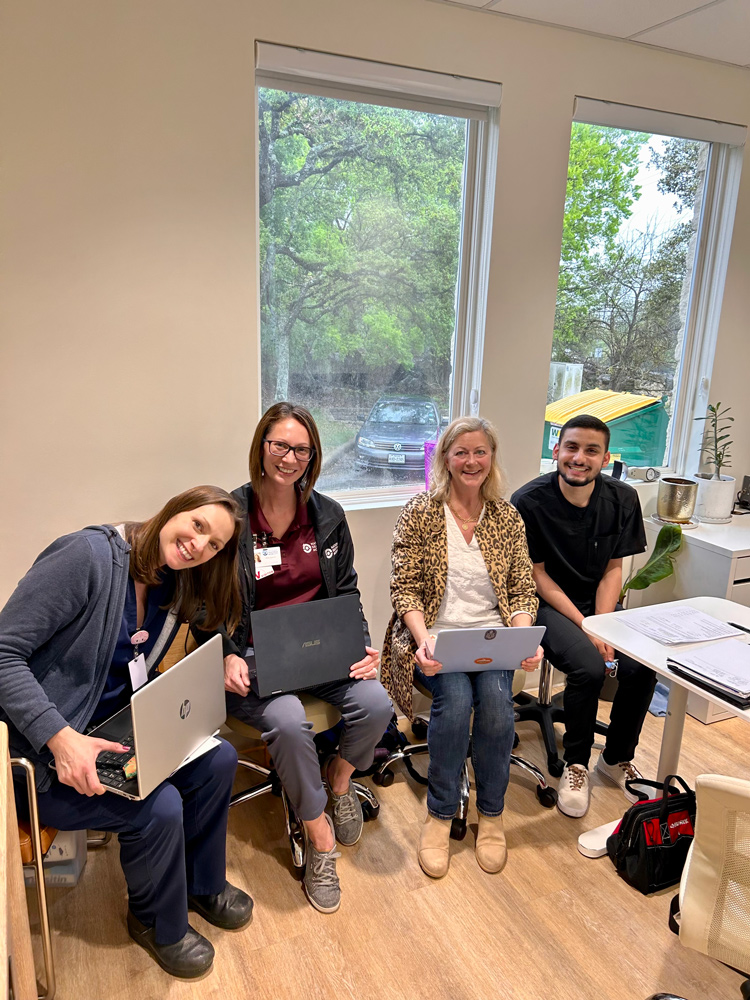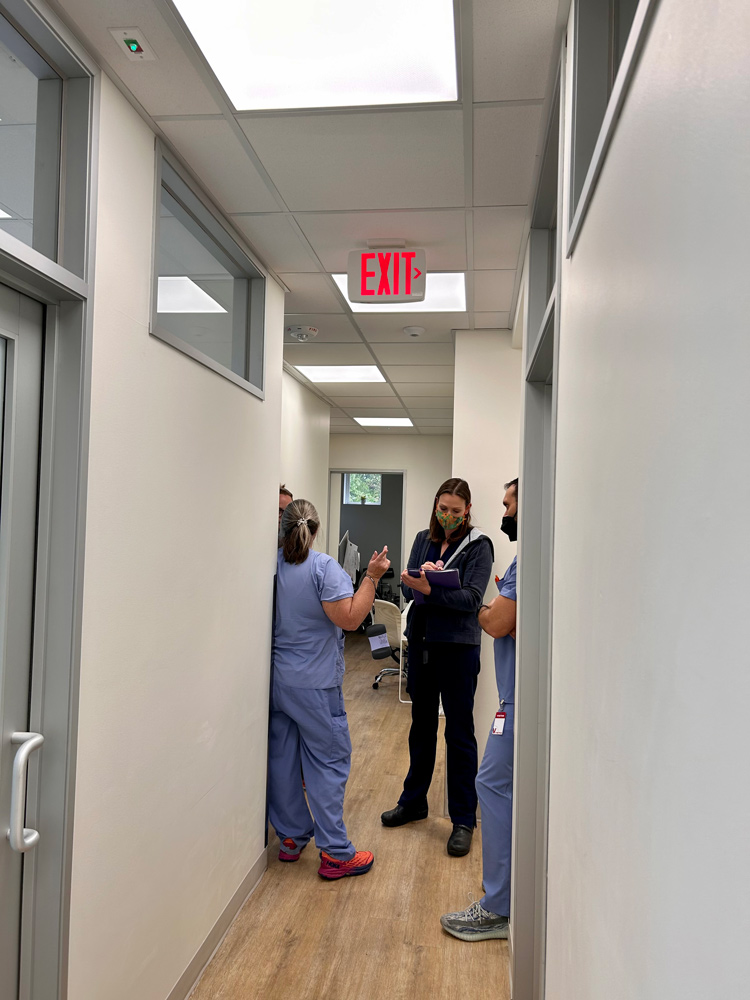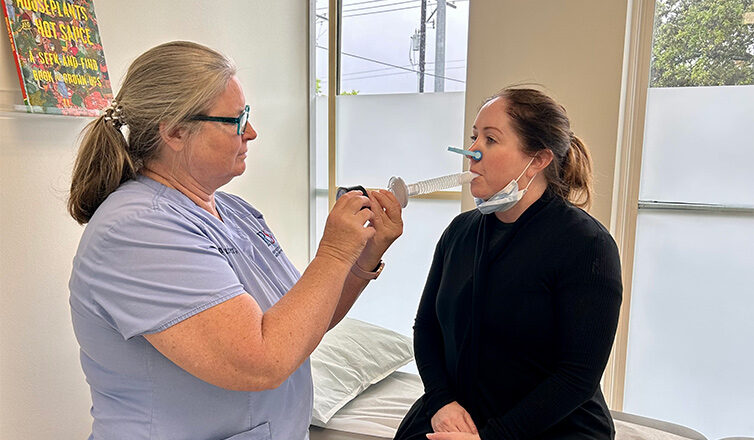When author Scott Blackwood was diagnosed with amyotrophic lateral sclerosis (ALS, commonly known as Lou Gehrig’s disease), he was shocked. Early symptoms of the disease are varied, gradual and mimic other conditions, so those other conditions had to be eliminated before he was officially diagnosed.
ALS is a rapidly progressive neurodegenerative disease that attacks nerve cells in the brain and spinal cord that control voluntary muscles. Affecting more than 15,000 people in the United States each year, ALS onset occurs usually between the ages of 40 and 72. Up to 10 percent of ALS cases are hereditary.
The first symptoms of ALS can be so mild they are often overlooked. These include tight, stiff muscles; cramps; arm or leg weakness; difficulty chewing or swallowing; and slurred or nasal speech. Over time, these symptoms develop into more severe weakness or atrophy that go on to other areas of the body.
The progression rate of ALS and emerging symptoms are different for each patient. But those with ALS eventually lose their ability to stand, walk, and get in and out of bed. In late stages of the disease, the respiratory system muscles weaken, leading to breathing difficulty. There is not yet a cure for ALS, and the average survival time for people with ALS is two to five years. But some survive with the disease for 10 years or more.
Blackwood, who wrote the award-winning novels “See How Small” and “We Agreed to Meet Just Here,” short fiction collection “In the Shadow of Our House,” and Grammy-nominated creative nonfiction “The Rise and Fall of Paramount Records,” was 56 years old when he received his diagnosis. He has now lived with ALS for a year and a half.
Scott attended our multidisciplinary ALS clinic, which is one of the only ones in Texas. We offer a holistic and personalized approach to treatment. Every first and third Tuesday of the month, multiple coordinating specialties provide the most current, compassionate care to our ALS patients.
Blackwood participated in our ALS clinic, which provides comprehensive care to improve the quality of life for people like Scott, who are living with the disease. It also provides important resources for family members.


A visit to the clinic includes evaluation by the Austin Neuromuscular Center (ANC) team of neuromuscular providers along with representatives from the ALS Association of Texas, adaptive mobility representatives, augmentative and alternative communication device representatives, a dietician, an occupational therapist, a physical therapist, a respiratory therapist, a social worker and a speech language pathologist.
ANC is part of the Northeast Amyotrophic Lateral Sclerosis Consortium, whose mission is to “rapidly translate scientific advances into clinical research and new treatments for people with Amyotrophic Lateral Sclerosis (ALS) and motor neuron disease.” As part of our commitment to advance ALS research, we provide the opportunity for our patients to participate in clinical trials.
Under Dr. Yessar Hussain’s care, Blackwood participated in a clinical trial looking at Edaravone, which was approved by the FDA in 2022. Since the clinical trial was a double-blind study, Blackwood does not know whether he received the actual medication.
If you would like to learn more about our ALS clinic, contact us at (512) 920-0140. And don’t forget to follow us on Facebook, LinkedIn, Twitter and Instagram for important updates.
